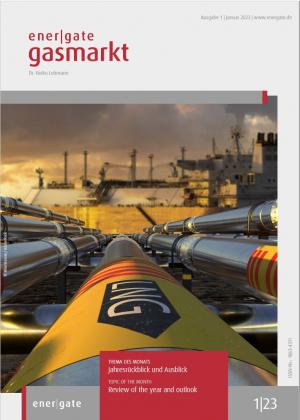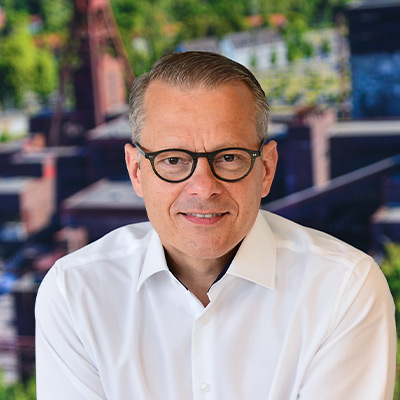Basically, looking back at the highlights of 2022 is a rather pointless undertaking. The whole year was a single highlight (or perhaps a lowlight). At a presentation at the end of March (at the European Power Network in Switzerland, which is slightly absurd), I had already pointed out that the German gas industry had lost the following three fundamental truths this year: Russia is a reliable supplier under all circumstances, gas supply security is possible without state intervention and liberalised markets ensure liquid hubs, competition and competitive prices.
I know that points two and three have been questioned time and again in Germany as well (the German gas industry has long been uncomfortable with a liberalised market). And our Polish neighbours in particular have always doubted these fundamental convictions – especially point one, of course (and are now quite satisfied that the doubts are shared in Germany). Here is an attempt at some summarising remarks on each of the points.
Good-bye Russia - The Ukraine war is also a turning point for the gas industry in Germany and Europe. The development of the discussions and events over the year is extremely remarkable: After the outbreak of the war, the possibility of a boycott of Russian gas was heavily and controversially discussed...



